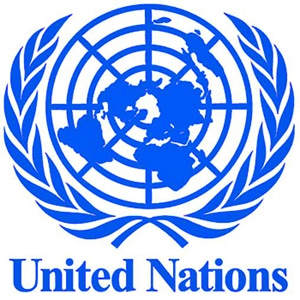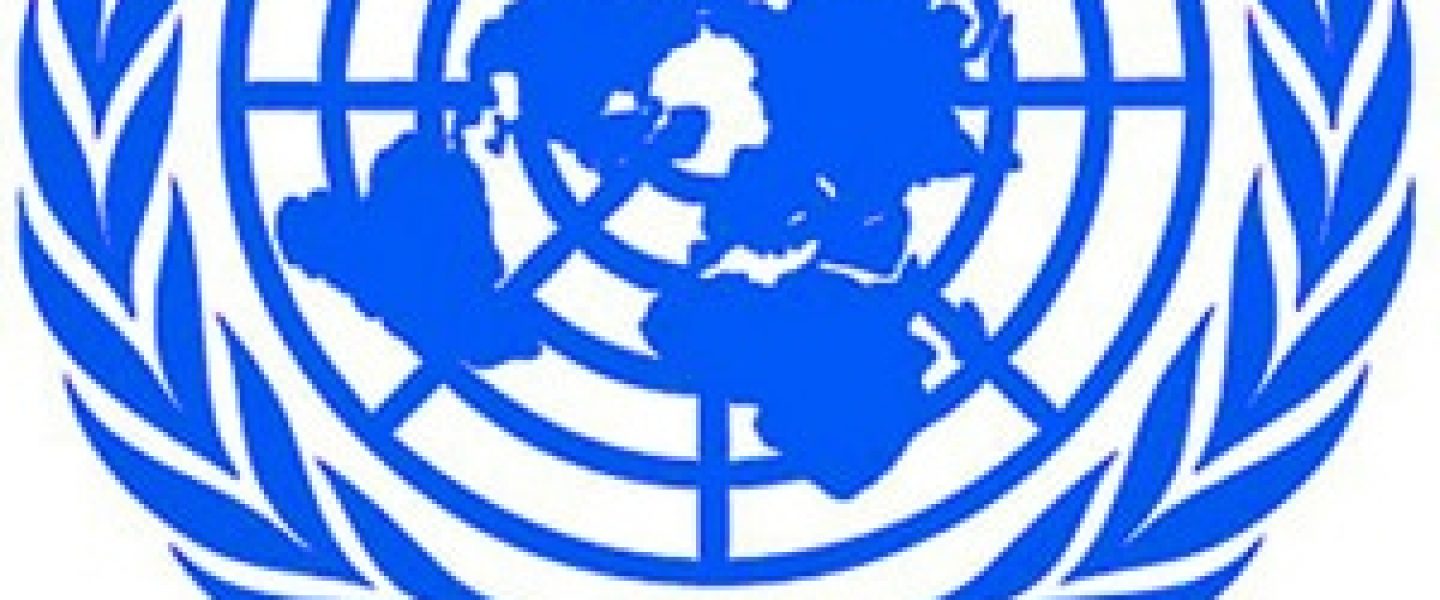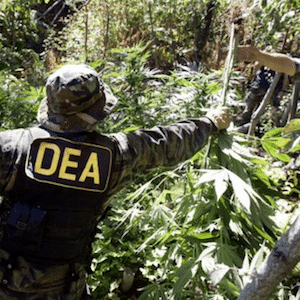 As the United Nations prepares for the first comprehensive review of global responses to drug problems in nearly two decades, a broad coalition of more than 100 organizations is pushing for the international body to respect countries that move away from prohibition.
As the United Nations prepares for the first comprehensive review of global responses to drug problems in nearly two decades, a broad coalition of more than 100 organizations is pushing for the international body to respect countries that move away from prohibition.
“Existing US and global drug control policies that heavily emphasize criminalization of drug use, possession, production and distribution are inconsistent with international human rights standards and have contributed to serious human rights violations,” the groups write in a new letter being released today.
Groups including the American Civil Liberties Union, Human Rights Watch, Global Exchange and the Ella Baker Center for Human Rights are among the signatories. Also notable are a number of organizations devoted to health policy and AIDS services.
The letter’s release is timed to a United Nations “High-Level Thematic Debate on the World Drug Problem” taking place in New York on Thursday, May 7, in preparation for a UN General Assembly Special Session on Drugs (UNGASS) scheduled for April 2016. Advocates believe that countries should take the UNGASS as an opportunity to pursue a range of reforms to global drug policy, including revising provisions of the UN Drug Conventions that threaten to stand in the way of reform. The Obama administration has taken the stance that countries should be free to pursue different kinds of systems under the treaties — including legalization — but has also opposed treaty reform, a stance which advocates have questioned.
“The administration’s call to respect countries’ right to try regulation rather than prohibition is a positive step for drug policy, as are other reforms the US has sought internationally,” said David Borden, executive director of StoptheDrugWar.org, who coordinated the sign-on letter. “But it doesn’t make sense to oppose having a discussion within the UN about modernizing the treaties to reflect that.”
The coalition has called for the UN to appoint a “Committee of Experts” to study treaty reform, a common UN procedure for addressing issues of interest.
To date, four US states and the District of Columbia have legalized cannabis, as has the nation of Uruguay. Many other countries have decriminalized possession of certain drugs or have implemented harm reduction measures like syringe exchange programs. While the UN’s drug enforcement body has warned that some of these policies may violate the treaties, the push for reform doesn’t appear to be slowing anytime soon.
The new letter calls for revising the treaties, and says that in the meanwhile “in case of irreconcilable conflict, human rights principles, which lie at the core of the United Nations charter, should take priority over provisions of the drug conventions.” Human rights concerns may require shifting to drug control systems that aren’t based on prohibition, the statement suggests. “Accommodating…experiments..
Although marijuana legalization is a major factor driving the international drug debate, another is the impact the illicit drug trade has in Latin America, where violence and related criminal problems associated with the trade exceed that suffered in other regions.
John Walsh, senior associate at the Washington Office on Latin America (WOLA), said, “Some Latin American leaders are now openly questioning the global drug prohibition regime, because of the destruction caused by criminal organizations fueled by enormous drug trade profits. Meanwhile, the US is undergoing important shifts in its own domestic policy, with the Obama administration wisely accommodating states that are legalizing and regulating cannabis. This expands the political space for other countries as well.” Walsh is the coauthor of “Marijuana Legalization is an Opportunity to Modernize International Drug Treaties,” co-published by WOLA and The Brookings Institution.
Advocates also warn that flexibility, as called for by the State Department, shouldn’t be used to justify human rights violations in any country, such as the death penalty for nonviolent offenses or the banning of life-saving public health interventions like syringe exchange or opioid substitution therapy. “Prohibition has been a public health and human rights disaster,” said Charles King, CEO of the US’s largest community-based AIDS service organization, Housing Works. “That’s why citizens around the world are calling for — and in some cases enacting — forward-thinking reforms that move away from criminalization and toward regulation and control. US and UN agencies should stop trying to cut off the treaty reform discussion and encourage a truly open debate instead.”
The full text of the letter and list of signatories are online at https://StoptheDrugWar.org/un.
StoptheDrugWar.org works for an end to drug prohibition worldwide, and an end to the “drug war” in its current form. We believe that much of the harm commonly attributed to “drugs” is really the result of placing drugs in a criminal environment. We believe the global drug war has fueled violence, civil instability and public health crises; and that the currently prevalent arrest- and punishment-based policies toward drugs are unjust.









